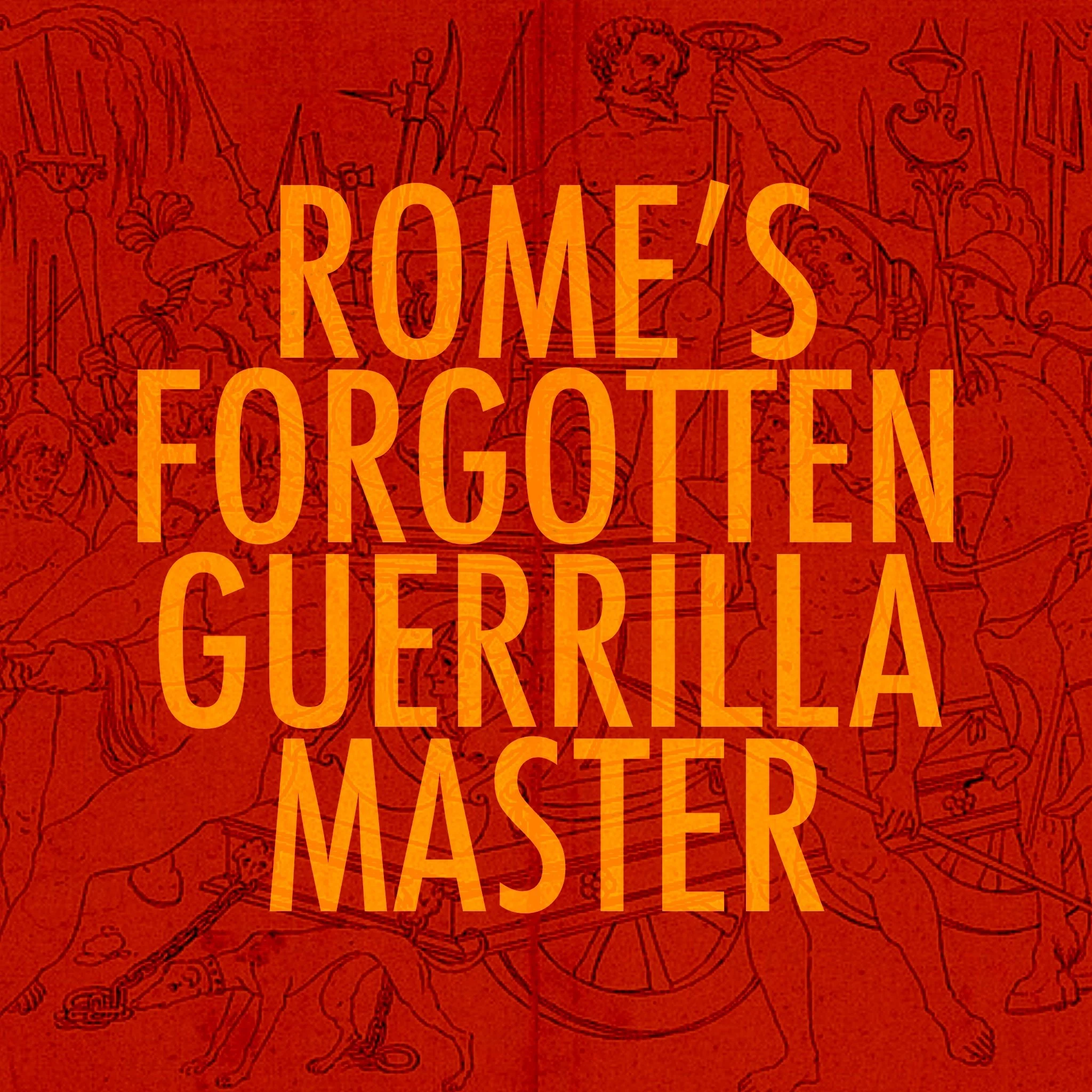“For many of those for whom there is no light at the end of the tunnel, the story of Sertorius should be an example and an inspiration.” - Philip Matyszak
Here’s the tale of one of Rome’s greatest and least known generals. A master of guerrilla warfare, he defeated many legions sent after him, and even outclassed Pompey the Great. His story is about the defiance that makes a man stand in the face of impossible odds. Nearly alone against the greatest power of the age, Sertorius knew his chances of victory were nearly non-existent, but this didn’t stop him from fighting just the same.
If you feel generous and enjoy History on Fire, please consider joining my Patreon to access plenty of bonus content.
All the links to History on Fire social media can be found at our LinkTree, including: HOF YouTube Channel, Substack, Instagram and TikTok.
Throughout history, people have used mushrooms (such as Lion’s Mane, Turkey Tail, Cordyceps, Reishi and Chaga) for their medicinal properties. My friends started Purest Mushrooms where they offer some of the best quality mushrooms you can find on the market at affordable prices. Use code historyonfire at checkout for a discount.
Bison is some of the healthiest meat you could possibly eat. Get yours at Dakota Pure Bison. History on Fire listeners get a discount by using the code HOF10 at checkout.
This episode is supported by Arizona State University. Learn more about how ASU supports all learners through all stages of life.
My friend James Pieratt is one of the world’s top functional training experts, and a record-breaking hybrid athlete. Use the code WH25 for a 25% discount on all of his training programs at Wild Hunt Conditioning.




